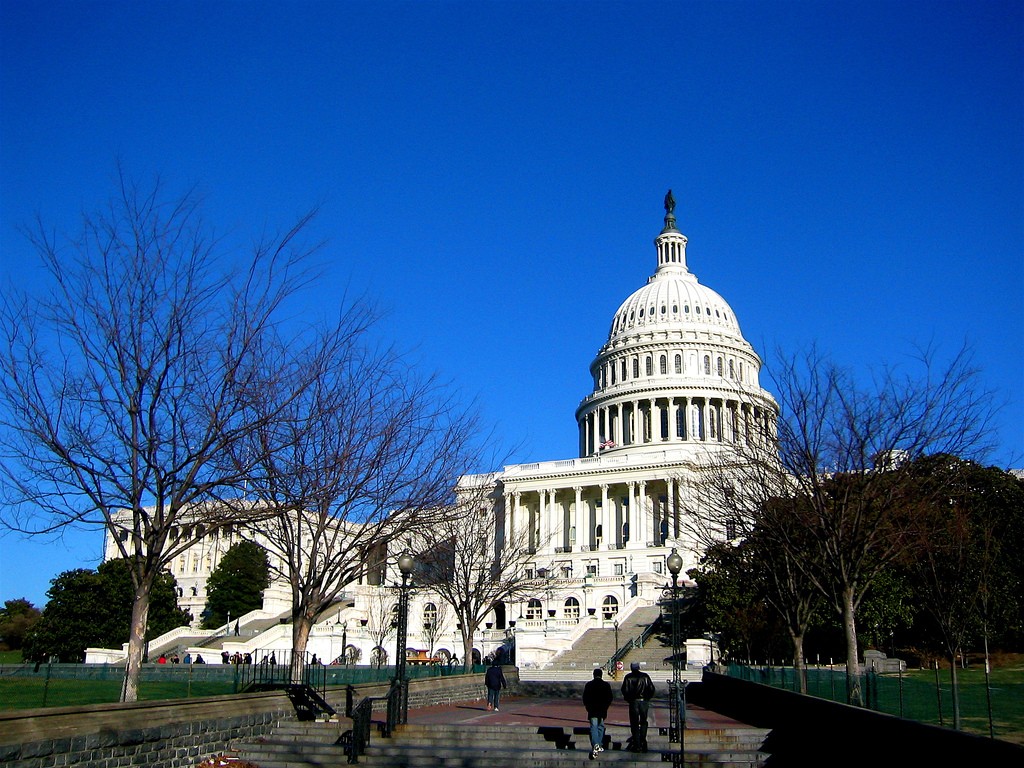
After a short debate yesterday, The House of Representatives voted to extend MAP-21 for two months past its May 31st expiration to the end of July, aligning the end of the nation’s transportation law with the latest projection for the insolvency of the nation’s transportation fund. The Senate is expected to act before Friday to approve the bill before the Memorial Day recess begins.
Updated 5/26
The bill to extend MAP-21 two months was approved by a vote of 387-35. There was just one amendment considered, from Rep. Esty (D-CT), for $750M to passenger railroads to help them implement positive train control, but that amendment failed on party-line vote, 182-241.
It was a mostly uneventful debate, though a handful of legislators loudly decried yet another short-term extension of the nation’s transportation law. But most if not all of those legislators speaking against short-term extensions also know that May 31st is right around the corner, a long-term bill isn’t going to happen between now and then with recess next week, and would prefer to keep the program from shutting down entirely.
If the Senate does as expected and approves the bill and sends the extension to President Obama for his signature before the 31st, Congress will have officially kicked the can down the road another two months. This marks the 33rd time Congress has passed a short-term extension over the last six years rather than do what Americans sent them to Congress to do: legislate and make the tough decisions to move America forward.
“While the certain disaster that would result from a shutdown of the federal transportation program has been avoided temporarily, legislators now have just have two months to put together the full multi-year authorization that we so desperately need,”said James Corless, T4America director. “Come July 31, we’ll once again face not only the expiration of our nation’s transportation policy, but also the insolvency of its funding source. With no consensus yet on how to fund a long-term bill, lawmakers have their work cut out for them.”
We’ll update this post as soon as the Senate takes action on the extension, which could come as early as Wednesday afternoon.
With MAP-21 extended an additional two months, the next immediate item of transportation business coming up in Congress will be next year’s transportation appropriations bill. Shortly after Congress returns from the Memorial Day recess on June 1st, the full House is expected to consider their version of the yearly spending bill for FY 2016 which features heavy cuts to TIGER, New Starts and Amtrak, with the Senate likely to begin their process sometime in June as well.
Update: The Senate passed the two-month extension of MAP-21 last weekend, extending the law until July 31st. The president is expected to sign the law by the May 31st deadline.




